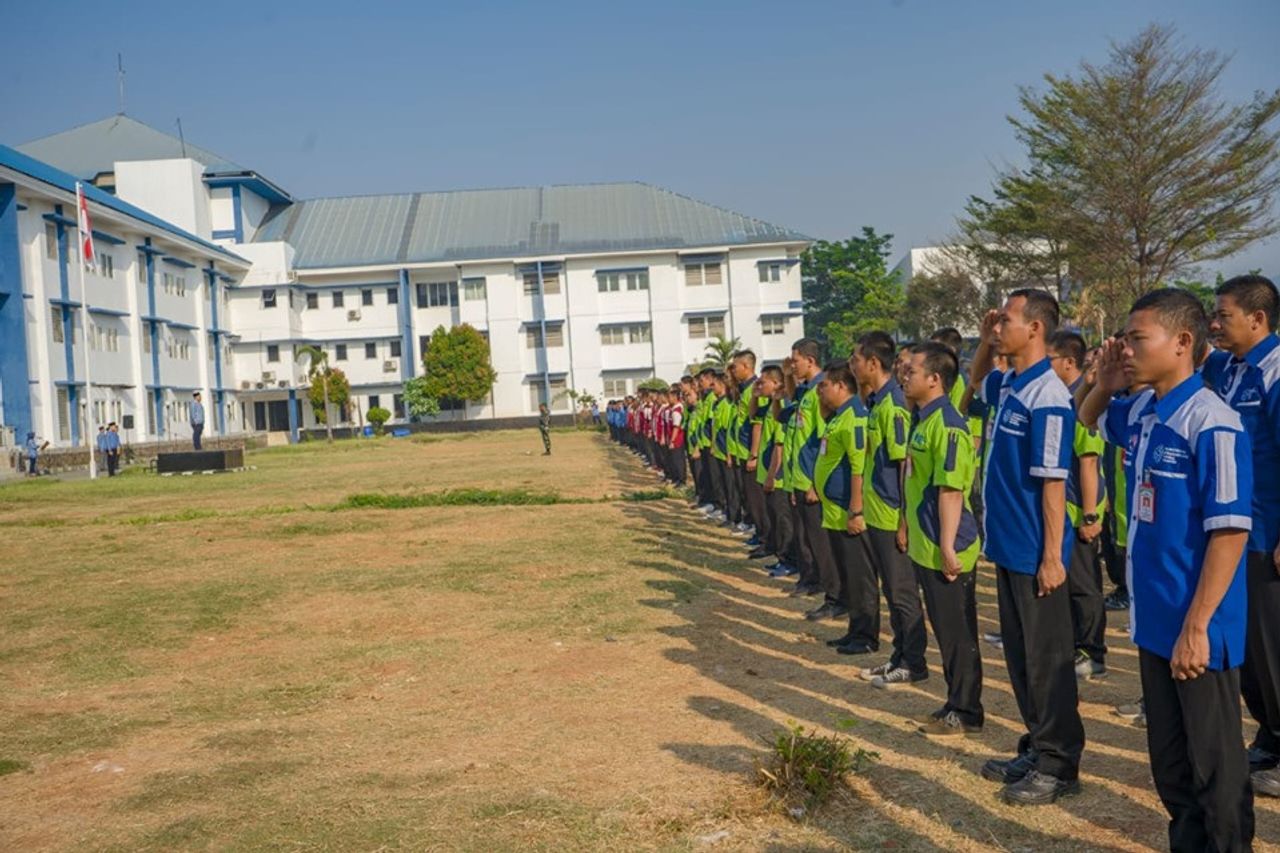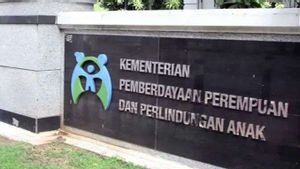The Government Continues To Push To Reduce Unemployment Through Community BLK

JAKARTA - The government through the Ministry of Manpower (Kemnaker) of the Republic of Indonesia is targeting the establishment of 2,000 Community Training Centers (BLK) in various regions in 2020 as an effort to improve the competence of human resources in the country.
"This program has started in 2017 by establishing 50 BLKs, 75 BLKs in 2018 and 988 community BLKs in 2019," said Director General (Dirjen) of the Ministry of Manpower's Productivity and Training Guidance Bambang Satrio Lelono, Monday, December 30.
The government from year to year continues to commit to the establishment of BLKs, including in terms of budget allocation to build 2,000 community BLKs by 2020. He explained that the community BLK program is the president's breakthrough to face the demographic bonus in 2030 to 2040 while reducing the unemployment rate in Indonesia.
This is because, he said, Indonesia is predicted to experience a demographic bonus, namely the number of productive age population is greater than the population of non-productive age. This condition must be utilized by improving skills and competitiveness, especially for the population of productive age.
In addition, the demographic bonus is a source and driving force for Indonesia, which is considered capable of improving the welfare of the people and reducing unemployment in the country, which currently amounts to 7.05 million people or the equivalent of 5.28 percent.
"If we fail to process the demographic bonus, then this could be a disaster or a problem for the Indonesian nation," he said.
Moreover, he said, the president on various occasions emphasized the priority of national development for the next five years, namely human resource development, continuing infrastructure development, simplifying regulations and bureaucracy as well as aspects of transportation and the economy.
In general, community BLKs are vocational training units or facilities established in religious education institutions, namely Islamic boarding schools, seminaries, dhammasekha and pasraman throughout the country.
This function is to organize competency or expertise training in order to provide skills to students and the surrounding community. "Of course this is in accordance with the needs of the world of work and encourages entrepreneurship," he said.


